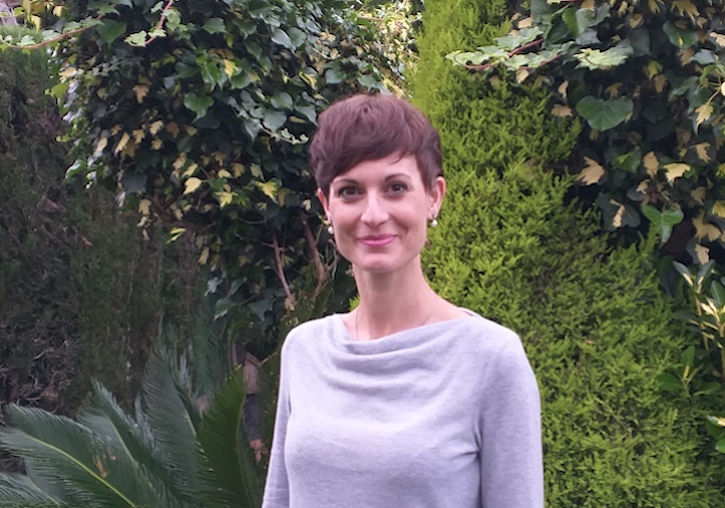Users
Social media
- More details here...
- Address
Parc Científic de la Universitat de València C/
Catedrático Agustín Escardino, 9
46980 Paterna (Valencia) Spain - Email:
iu.i2sysbio@uv.es - Phone:
(+34) 963544810
- Address
Links
The University of Valencia investigates the potential for environmental transmission of the coronavirus

Investigation
The University of Valencia investigates the potential for environmental transmission of the coronavirus

The Ministry of Science and Innovation, through the Covid-19 Fund of the Carlos III Health Institute (ISCIII), finances a study aimed at determining the presence of SARS-CoV-2 in environmental samples as well as its potential for indirect transmission. The project is coordinated by the Institute of Integrative Systems Biology, in the Science Park of the University of Valencia, and the results will provide valuable information for the management of the epidemic.
Directed by Pilar Domingo, researcher at the University of Valencia at the Institute of Integrative Biology of I2SysBio Systems (UV-CSIC), the work will analyze the potential for transmission of the virus in the environmental and social conditions of Spain; will investigate wastewater treatment plants, the release of the virus through the intestine, as well as its presence and behavior on common surfaces – plastics, stainless steel or glass, among others.
Although SARS-CoV-2 and other coronaviruses are transmitted mainly directly between individuals during epidemic phases, the possible permanence of the virus in the environment has the potential to cause new outbreaks despite the mitigation efforts deployed. “Determining the presence of SARS-CoV-2 in the environment is essential for adequate control of the epidemic beyond actions aimed at reducing direct transmission of the virus,” explains Pilar Domingo. “Evaluating the potential indirect transmission through surfaces, water or food will be key when making short-term decisions that help control the virus and minimize the risk of new outbreaks,” he points out.
The I2SysBio Experimental Virus Evolution group, led by geneticist Rafael Sanjuán and to which Pilar Domingo belongs, will provide an epidemiological service to the Department of Agriculture, Development Rural, Climate Emergency and Ecological Transition of the Generalitat Valenciana, through the General Directorate of Water and the Public Wastewater Sanitation Company (EPSAR), in matters of environmental virology. This cooperation will be finalized shortly through the signing of an agreement between said department and three Valencian public universities –Universitat de València, Universitat Jaume I and Universidad Miguel Hernández–, to carry out carried out a monitoring and early detection program of the presence of genetic material of the SARS-CoV-2 coronavirus in the wastewater of the entire territory of the Valencian Community.
The project now subsidized by the COVID Fund also includes researchers from the La Fe de València Health Research Institute, the FISABIO Foundation and the CSIC.
To date, the COVID Fund managed by the Carlos III Health Institute has approved 117 research proposals to improve the management of the coronavirus, with an investment of almost 22 million euros. The projects affect the investigation of the immune response, biology, epidemiology or clinical manifestations of the virus, the search for possible drugs and vaccine development, the stratification of patients according to the prognosis of the disease and the search for new public health solutions to improve control of the pandemic, among other issues.
List of links:


